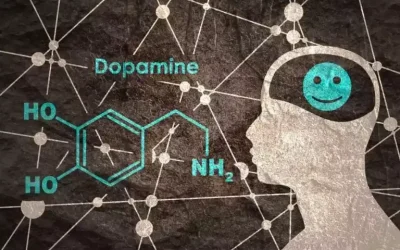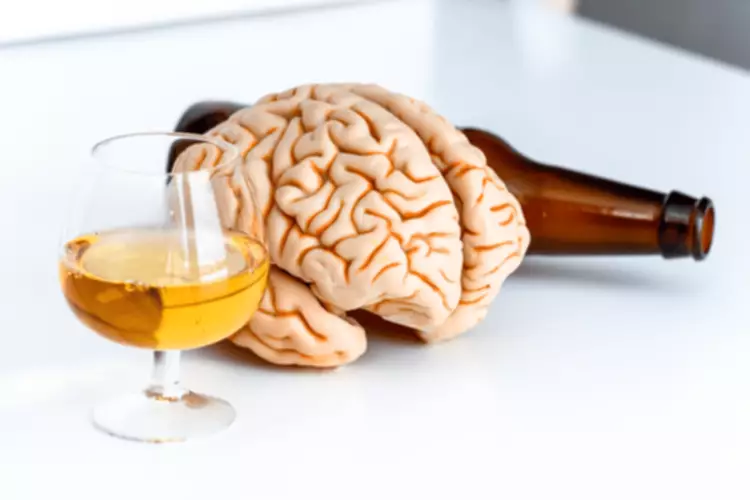Research shows that women tend to exhibit features of covert narcissism more often than men. This may be related, in part, to the fact that modern culture places a high value on women’s physical appearance. They also covert narcissist and alcohol have a deep hatred of the self which they cover with a highly extroverted persona. A narcissist will believe that they are prevalent and well-liked and deserve to be a leader without necessarily having the traits.

Online Therapy Can Help
Carole Radziwill on What RHONY Didn’t Air Amid Bethenny Feud, Calls Union Efforts a “PR Stunt,” and Accuses Her of … – Reality Blurb
Carole Radziwill on What RHONY Didn’t Air Amid Bethenny Feud, Calls Union Efforts a “PR Stunt,” and Accuses Her of ….
Posted: Sat, 19 Aug 2023 07:00:00 GMT [source]
Narcissistic personality disorder (NPD) and alcohol use disorder (AUD) are closely linked. Both are mental health conditions that can damage relationships, cause personal distress, and undermine a person’s quality of life and sense of well-being. Children of covert narcissist parents may develop “eager-to-please” behaviors. Most covert narcissists seek out support and validation, and thus try to coax others into playing along with them.
- Negative and disrupted attachment, neglect and maltreatment, high-conflict divorce, and abuse are examples of traumatic cycles during childhood.
- Narcissism may leave people more prone to problematic substance use, including alcohol use disorder, as well as other forms of addiction, such as sex addiction and social media addiction.
- It is not uncommon for two mental health conditions to co-exist (referred to as a comorbidity).
- The outlook is even better in people with mental illness who abuse alcohol and other substances.
Ways Narcissists and Alcoholics are Similar
Relationships with a covert narcissist who needs to overpower and have control in the relationship will eventually cause the other partner emotional pain. The overt narcissist is the one who easily shows self-importance and exaggerates accomplishments while seeking admiration from his audience. Exploiting others to serve one’s self is done without concern for and a lack of empathy for others.

Can someone with covert narcissism be violent?
Children of narcissistic parents may unconsciously seek to re-create the family dynamics they grew up with because those are the dynamics they know best. They know how to deal with self-absorbed, manipulative people who are incapable of showing them real care and affection, so that’s who they end up befriending and dating. People with covert NPD are also sometimes referred to as “thin-skinned” narcissists. [8] This refers to the fact that they are devastated by the slightest perceived criticism. Covert narcissists make a lot of promises, but then end up finding reasons to justify why they can never fulfill them.
- Non-drinkers were excluded from the alcohol problems model and participants that did not complete the questionnaire for the outcome variable were excluded from the appropriate model causing different degrees of freedom.
- Underneath their bombastic exterior and projected self-esteem lies a fragile ego.
- However, research from 2014 tells us that genetics might play a part in whether some people develop NPD.
Passive Self-Importance

Similarly, using alcohol doesn’t mean a person with NPD has AUD, even if there have been incidents of extreme intoxication. Both AUD and NPD have distinctive symptoms and features that occur independently of each other.
Narcissism and alcoholism
- The person then seeks out alcohol or substances to mediate these feelings, leading to more feelings of shame, and so on.
- Like overt narcissism, covert narcissism may have roots in genetics, childhood trauma and learned behavior picked up from parents or other caregivers.
- Here’s how we can face our triggers with less reactivity so that we can get on with our lives.
- NPD typically involves insecurity and an easily damaged sense of self-esteem.
- Researcher and author Craig Malkin, PhD, suggests that the term “covert” can be misleading.
- People who are genetically predisposed to experience unpleasant side effects of drinking are less likely to drink often, making AUD unlikely.
